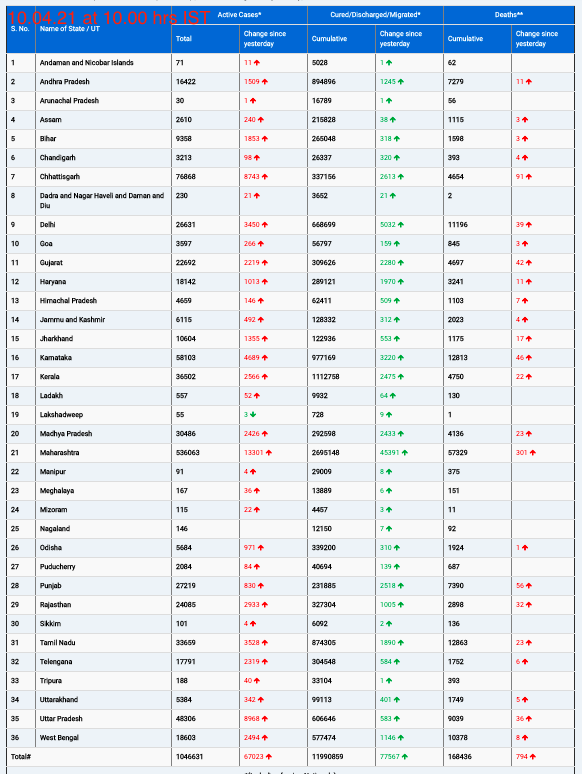A recent study published in The New England Journal of Medicine indicates that a daily intake of 500 mg of calcium significantly reduces the likelihood of pregnant women developing preeclampsia, a condition that complicates up to 8% of pregnancies and may contribute to 45,000 maternal deaths globally annually. The study challenges the World Health Organization’s (WHO) recommendation of 1500 mg to 2000 mg of calcium supplementation daily for pregnant women at risk of insufficient dietary calcium intake.
Preeclampsia poses risks to both mothers and babies, and the WHO guidelines aim to address this issue. However, the study, conducted with 22,000 pregnant women in Tanzania and India, suggests that a lower dose of 500 mg of calcium daily provides nearly as much protection against preeclampsia and preterm birth as the higher recommended dose. This is crucial as the higher dose is often deemed expensive and poses a barrier to use, particularly in lower-income nations.
The randomized double-blinded study involved pregnant women who had not yet given birth, increasing their risk for preeclampsia. Half of the participants received the three daily 500-mg calcium pills recommended by WHO, while the other half received a single calcium pill and two placebos. Regardless of calcium intake, preeclampsia occurred in approximately 3% of both groups. The study, led by Christopher Sudfeld, Associate Professor of Global Health and Nutrition at Harvard University, suggests that the lower calcium dose could be a more practical and cost-effective solution.
However, some experts, such as Dr. Ahizechukwu Eke from Johns Hopkins Medicine, question the mechanism by which calcium prevents preeclampsia, emphasizing the need for further research. The study authors plan to share the results with the WHO to contribute to potential changes in global guidelines related to calcium supplementation during pregnancy.
The findings may impact antenatal care guidelines and public health policies, potentially making calcium supplementation more accessible and effective for pregnant women worldwide.











